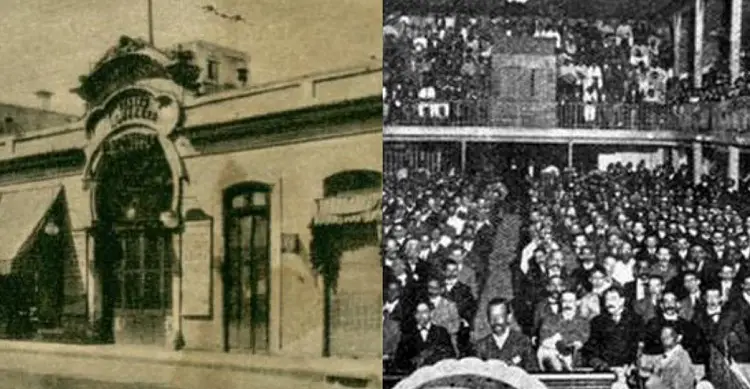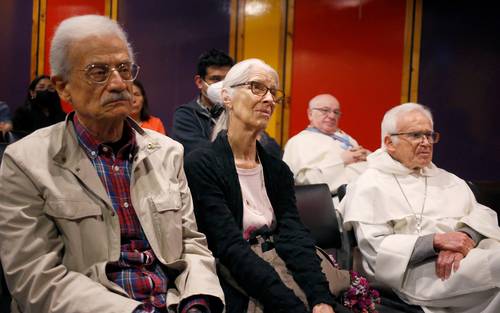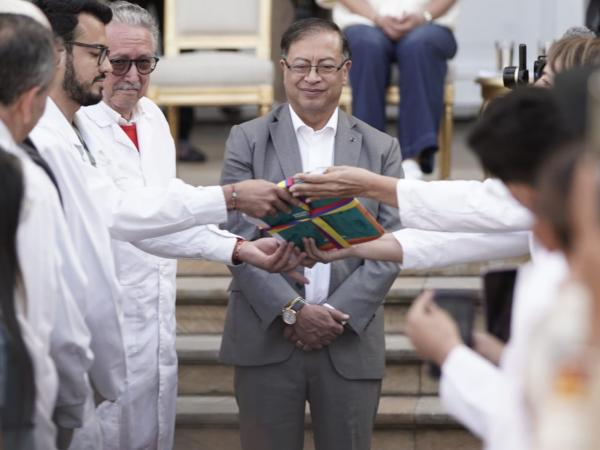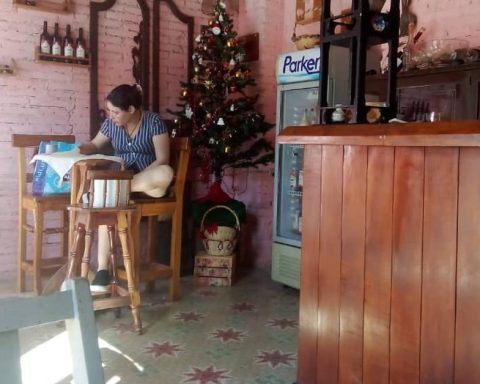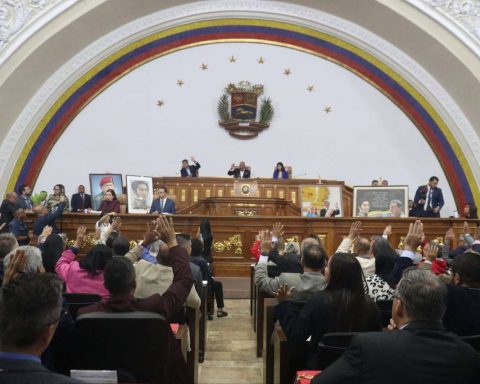MADRID, Spain.- The Alhambra Theater, one of the most prestigious on the Cuban scene during the first three decades of the 20th century, was forgotten in the 1930s, with the rise of talkies, the retirement of its main figures, the economic crisis and the repression of Gerardo Machadowho did not like what was represented there.
On the night of February 18, 1935, invaded by termites, the hall of the Alhambra collapsed after the end of that day’s performances, thus putting an end to an important part of the history of the theater on the Island. The facility was demolished a bit. after.
The Alhambra had been inaugurated on September 13, 1890, at the intersection of Consulado and Virtudes streets, in Centro Habana. The little success of his first years, in which he hosted lyrical theater and works with Creole themes, was far removed from all the glory that accompanied him later.
After the American intervention, it changed its name to Café Americano and Music-Hall shows were presented there.
The decisive moment for the installation came at the end of 1900, when it was rented by the renowned librettist Federico Villoch, the set designer Miguel Arias and the actor José López Falco.
In addition to Villoch, many other librettists wrote for the Alhambra, such as Francisco and Gustavo Robreño, Ramón Morales, Ignacio Sarachaga, Manolo Saladrigas, Félix Soloni, and Gustavo Sánchez Galarraga, among others.
In the Alhambra three performances were presented per night, five on Sundays and several weekly premieres, before an audience pleased with the reality that it represented through satire. During its years of splendor, more than two thousand plays were released, many of which have been lost.
In his scene, the characters of the black boy, the Galician and the mulatto woman became anthology; and the combination of the excellent scenery, music and dance troupe made the place maintain its success for more than 30 years.
The history of the theater was immortalized in Cuban cinema with the popular film The Beauty of the Alhambra, directed by Enrique Pineda Barnet and starring Beatriz Valdes, Cesar Evora, Veronica Lynn and Ramoncito Veloz.
